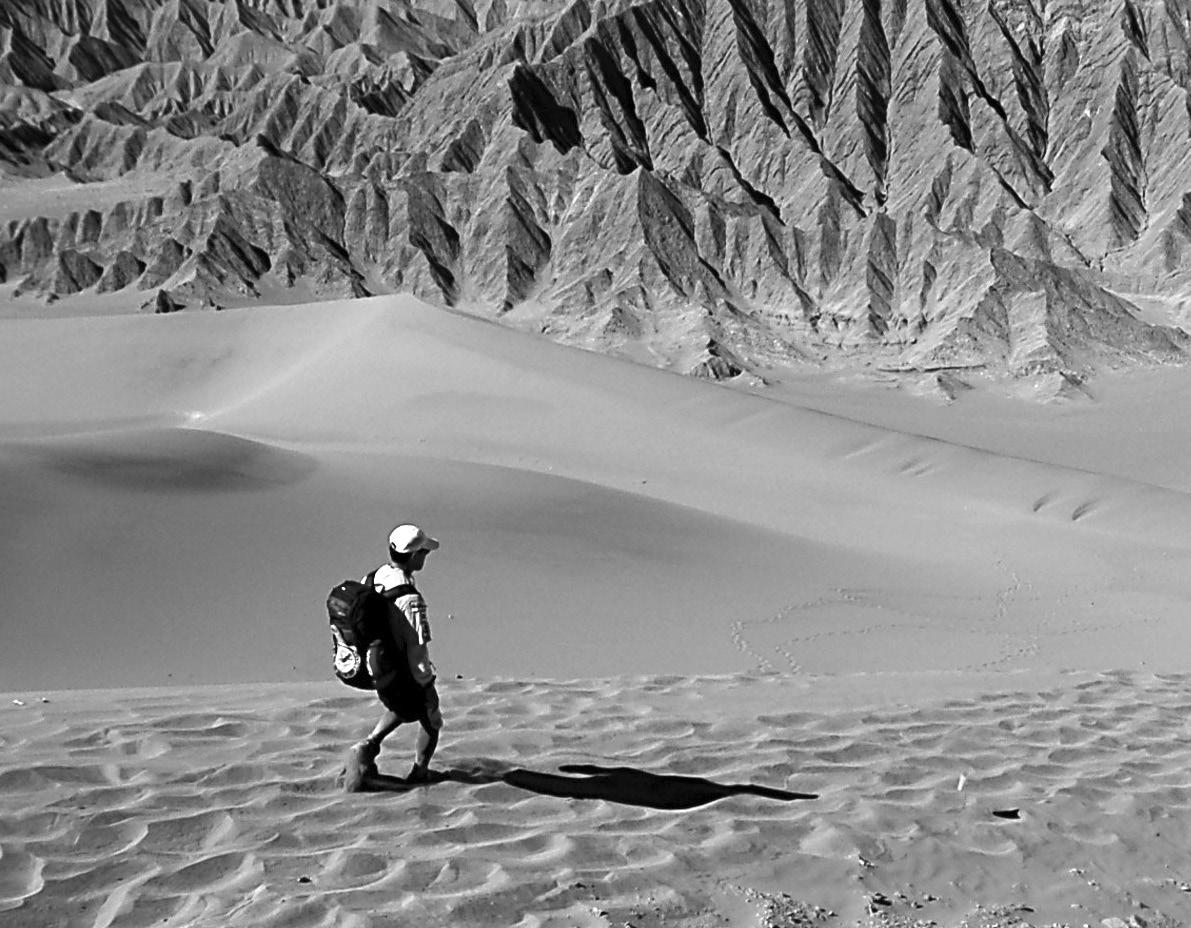
4 minute read
A PRESIDENT’S PERSPECTIVE
I thought that you could fix it
Bob Mouatt
THIS is a comment that often comes towards the end of conversations I have had with a number of people. They have a misguided view that I have superior powers to override decisions by others. Well in most matters I haven’t and even if I did I wouldn’t want to unless it was critical to the future of Orienteering Australia. Even though I can be very forthright in expressing my views, if I find that my views are in the minority I will normally back off, and that is because of both my personality type and my background. For the 40 years before I started ‘working full-time’ for Orienteering I worked in two large organisations that were ‘organic systems’, with ‘organic’ meaning self-contained or self-supporting and system meaning well-connected and controlled units. While I had many changes of jobs, every task to which I was assigned was governed by standard operating principles and procedures. Most of my jobs in the last 28 years were in policy or managerial positions and I soon learnt that there was no point in trying to introduce policies that were not popular. I also learnt that management by consensus and delegation of authority were the best ways to achieve results. I see the role of President of Orienteering Australia as providing leadership and being a figure head/spokesperson for the organisation, while supporting the actions of the functional directors. The President must be seen and heard at major gatherings to demonstrate support for those activities, but should not dominate proceedings. As to the day-to-day operations of Orienteering Australia, the President is the chair of the Board and with the Executive Officer has specific responsibilities, but much of the responsibility for managing the organisation must rest with the functional directors. So if in the future you want a matter considered by Orienteering Australia be prepared to put the matter in writing and send it to the Executive Officer, the functional director or me and it will be considered by the most appropriate person(s). By all means feel free to raise any matter with me, but please don’t expect an instant fix from me, as I am not likely to oblige you.
2007 Will Be A Busy Year
You might not have given the matter much thought yet, but 2007 will be a very busy year with three week long carnivals, Australian 3-Days and more in South Australia during Easter and afterwards, JWOC and the Australian Championships in Dubbo in July and the Oceania Championships in Canberra in October. I hope that most regular orienteers get to at least two of the three carnivals. I have no doubt that despite the best of intentions some things will go wrong, as we all know mistakes happen. Competitors will be disappointed and officials will become distressed. I ask competitors to show some understanding and appreciation of the tough job of being an official, and not to berate them if things do not go your way. Think of the cricket analogy, when the umpire puts up the finger, you are out and you must accept the decision. Such is the same in Orienteering, when a jury has made a decision, it’s final. And I would like officials to be as accommodating of all competitors as possible, but I acknowledge that there are times when people just have to be disappointed. I have seen circumstances where officials have tried to help somebody, and there have been undesirable consequences. All officials have my utmost sympathy and support, as I have been caught in some very difficult situations that were not of my making, but I had to accept responsibility. I wish everyone a Happy New Year and enjoyable Orienteering in 2007.
IOF WORLD CUP
Gueorgiou, Niggli-Luder take out World Cup
Blair Trewin
Two familiar faces were at the top of the World Cup points table after the final series of events in France in early October. Thierry Gueorgiou (FRA), on home ground, won all three races to come from behind after a relatively disappointing World Championships. Simone Niggli-Luder (SUI) led into the final series, and while she only won one of the three races, Marianne Andersen’s win in the last round was not enough to bridge the gap. Finland took out all three women’s Relays, while Sweden led the men’s tally. Eddie Wymer was the only Australian representative, with a best placing of 60th in the three races. Hanny Allston was scheduled to attend but missed the event through injury. The most memorable event was probably the Middle-distance qualification, which was stopped mid-race because of dangerous conditions caused by extreme winds of over 100 km/hour. The event was rescheduled to later in the week and run as a straight final. 2006 was the last World Cup in its present form. From 2007 it will become a series based on existing major events. The proposed system for allocating national places, based on the total points earned in the world ranking by each country’s 20 leading runners, has caused much controversy. Australia does quite well (at least this year) with four male and nine female places, but countries which have a small number of highly ranked competitors but few others, such as Ukraine, will be severely disadvantaged.







